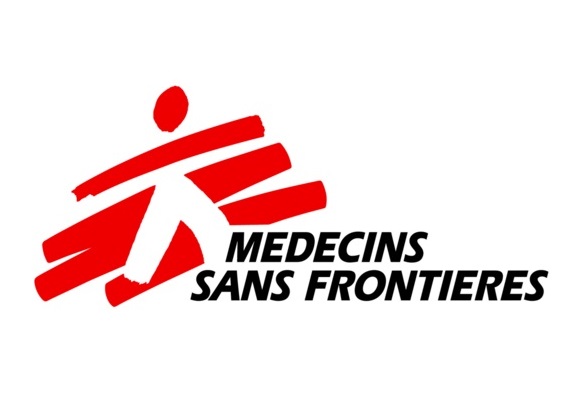World TB Day: Children With TB Are Especially Vulnerable to Recent US Aid Cuts
20 March 2025
Sustained investments are needed to diagnose, treat, and prevent TB—the top infectious disease killer.
Children with tuberculosis (TB) face significant gaps in testing and treatment and are among the most vulnerable to the US’ recent aid cuts, said Doctors Without Borders/Médecins Sans Frontières (MSF) in a statement ahead of World TB Day, March 24. All countries and international donors must prioritize and ensure sustained investments to diagnose, treat, and prevent TB for all—especially children.
Despite being curable, TB is the world’s leading infectious disease killer, according to the World Health Organization (WHO). Every three minutes, a child dies of TB. WHO estimates that 1.25 million children and young adolescents fall ill with TB each year, but that only half of these children are diagnosed and treated.
"Children at risk of having TB are often overlooked, either going undiagnosed or facing delays in diagnosis. Now, with the recent US funding cuts, these gaps in identifying and treating children with TB will only widen further, which threatens to roll back years of progress in TB care." Dr. Cathy Hewison, head of MSF’s TB working group.
In 2022, WHO revised its guidance for the management of children and adolescents with TB, which, if adopted and implemented, could drastically improve care and save lives. The MSF project “Test, Avoid, Cure TB in Children” (TACTiC) is implementing the new WHO recommendations in MSF programs in more than a dozen countries in Africa and Asia and has already documented an increase in children diagnosed with TB and put on the appropriate treatment.
MSF is gravely concerned about the impact of the recent US funding cuts on TB. The US is the largest financial contributor to global TB programs, accounting for half of all international and bilateral donor funding, according to the WHO.
“For years, we have witnessed the deadly gaps that children face in order to access diagnosis and treatment for TB in countries where we work,” said Dr. Cathy Hewison, head of MSF’s TB working group. “Children at risk of having TB are often overlooked, either going undiagnosed or facing delays in diagnosis. Now, with the recent US funding cuts, these gaps in identifying and treating children with TB will only widen further, which threatens to roll back years of progress in TB care. We urgently call on all countries and international donors to step up and ensure sustained funding for TB care for all, especially young children. No one should die or suffer from this preventable and treatable disease.”
MSF teams in Sindh province, Pakistan, have already witnessed US funding cuts disrupt community-based services, which play a key role in a country that has a high burden of TB. These programs are critical to screen people for TB in the community and prevent the spread of the disease.
Children will be disproportionately affected by funding cuts
“Children are already highly vulnerable to TB, and we are worried that the US funding cuts that have impacted community-based services will have a disproportionate effect on children, leading to more children with TB and more avoidable deaths,” said Dr. Ei Hnin Hnin Phyu, an MSF medical coordinator in Pakistan. “We cannot afford to let funding decisions cost children’s lives.”
Children with weakened immune systems—like those with HIV or malnutrition—are the most vulnerable, and will therefore be disproportionately affected by the disruption of TB, HIV, and nutrition services due to US aid cuts.
Funding cuts are halting scientific progress
Additionally, children with TB are often excluded from research and development trials being carried out in order to make new tools for TB widely available. The recent US funding cuts have halted numerous clinical trials, setting back TB research and innovation—many of them critical for children with TB. These clinical trial disruptions are a major step back in the fight against TB, as they delay the development of much-needed diagnostics and treatments for children. MSF calls on the pharmaceutical industry and international donors to ensure sustained investments in the development and evaluation of medical tools that can improve TB care for children.
MSF is the largest non-governmental provider of TB treatment worldwide and has been involved in TB care for 30 years, often working alongside national health authorities to treat people in a wide variety of settings, including conflict zones, prisons, refugee camps, and rural areas cut off from health care. MSF has also been involved in efforts to find shorter and safer drug-resistant TB treatment regimens through three clinical trials: TB-PRACTECAL, endTB, and endTB-Q. The WHO recommendations for four-, six-, and nine-month regimens (including BPaLM and BPaL) to treat DR-TB were prompted by evidence mainly from the TB-PRACTECAL and endTB trials.
Source: Médecins Sans Frontières
SEE ALSO:

